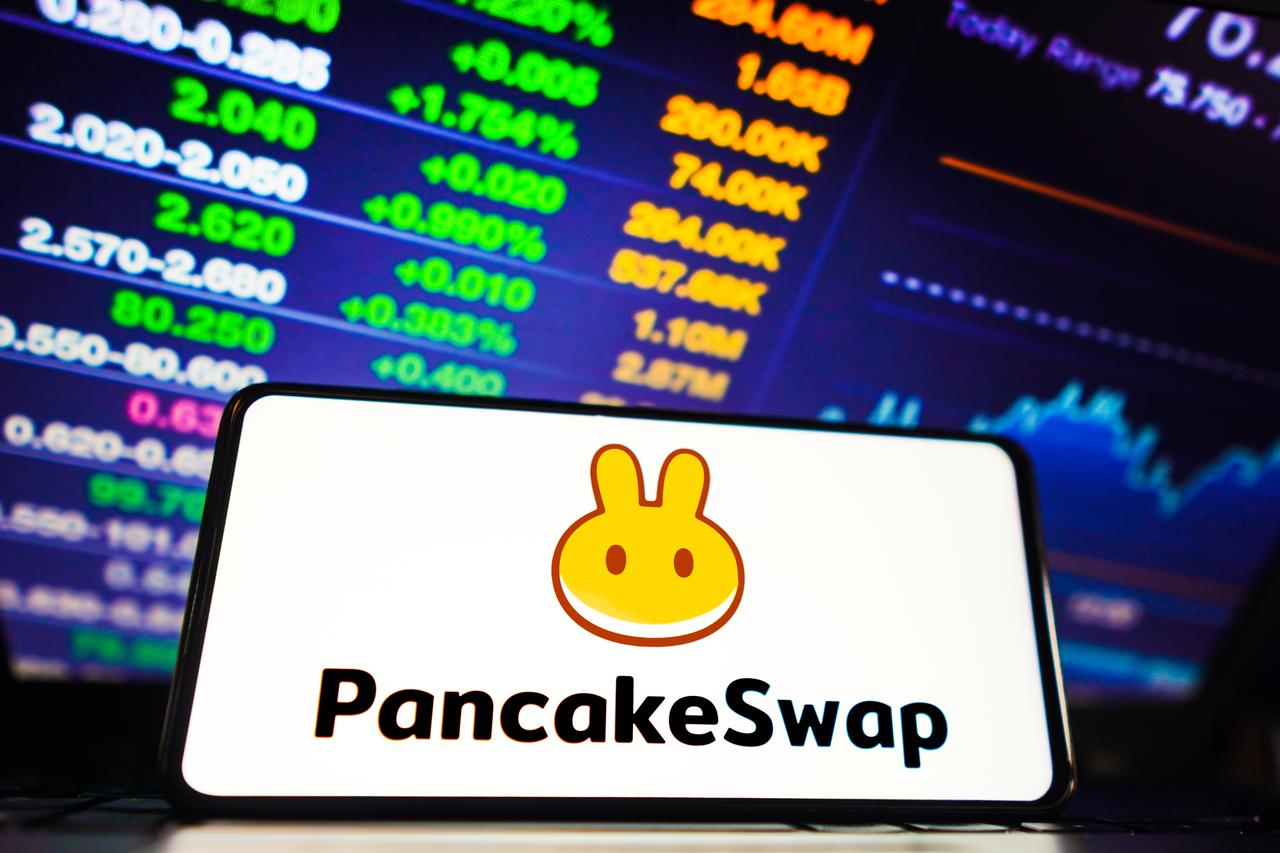Turkey Considers Ban on DeFi Products After PancakeSwap Controversy

Türkiye Considers Further Restrictions on DeFi Products Following PancakeSwap Ban
Regulatory Actions Against Decentralized Finance
Türkiye’s financial regulatory authority is contemplating additional limitations on various decentralized finance (DeFi) offerings after the recent prohibition of the PancakeSwap exchange. This development raises concerns about the future of other DeFi platforms in the country.
During the Istanbul Blockchain Week, industry leaders discussed the implications of the PancakeSwap ban and the potential for similar actions against other DeFi services. The conversation highlighted the evolving landscape of cryptocurrency regulations in Türkiye.
New Regulations Targeting DeFi Services
As reported by Crypto.news, the forthcoming regulations will apply to decentralized exchanges (DEXs), digital wallets, and other centralized financial services. However, it is important to note that not all of these services will face outright bans.
Ali Ihsan Gungor, the deputy chairman of Türkiye’s Capital Markets Board, indicated that the new regulatory framework is grounded in what are termed “spread principles.” This means that DeFi products aimed at Turkish users will need to adhere to local laws and regulations.
Rationale Behind the PancakeSwap Ban
Gungor referenced the regulation enacted on July 4, which led to the blocking of PancakeSwap and 46 other related websites. The authorities have instructed internet service providers to restrict access to certain social media accounts and mobile applications associated with these platforms.
PancakeSwap, being a decentralized protocol, lacks a formal legal identity and does not have a registered entity in Türkiye. Consequently, acquiring a license to operate as a cryptocurrency service provider within the country presents significant challenges for PancakeSwap.
Conclusion
As Türkiye navigates the complexities of regulating the DeFi sector, the implications of the PancakeSwap ban may set a precedent for future actions against other decentralized financial services. Stakeholders in the cryptocurrency space will be closely monitoring these developments as the regulatory landscape continues to evolve.







